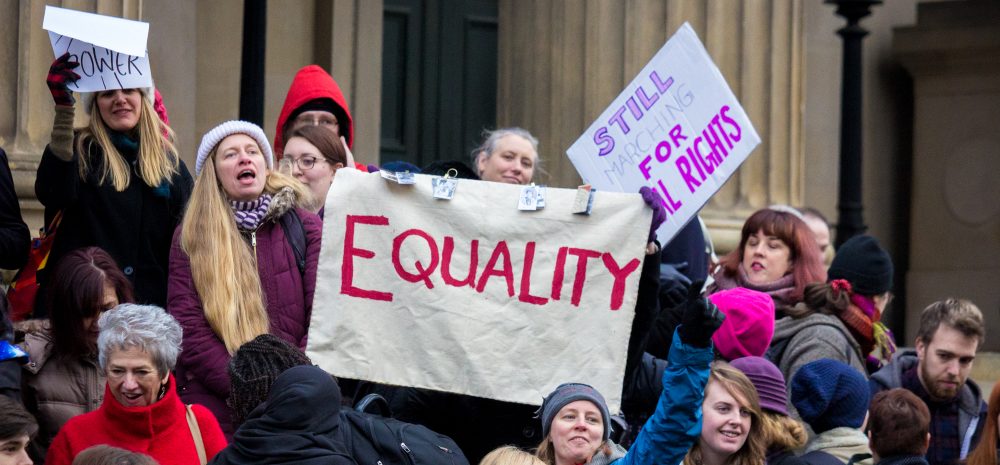
The day before International Women’s Day the UK government announced the Illegal Immigration Bill, which aims to reduce the number of small boats crossing the English Channel by automatically deeming inadmissible any asylum claim made by anyone arriving into the UK this way. This is even if they are a woman fleeing persecution in Iran or from a conflict zone such as Syria. One of the key concerns is whether this is compatible with the European Convention on Human Rights (ECHR) as well as the UK’s other obligations under other international human rights instruments such as the UN Refugee Convention. This is not the only proposal that could negatively impact the rights of women fleeing war zones. In November 2022 UN human rights experts outlined a number of concerns about the UK’s Nationality and Borders Bill. They stated that it breaches the UK’s obligations under international human rights and refugee law by pushing vulnerable people into dangerous situations, including turning away women who have experienced gender-based violence. Both bills would punish women trafficked to the UK and victims of modern slavery, as they would be denied the right to seek and enjoy asylum even though they had no choice over how they entered the country.
Home Secretary Suella Braverman states that these proposed legislative changes “push the boundaries of international law”. She was also a supporter of Deputy Prime Minister Dominic’s Rabb’s proposal last year for a new Bill of Rights to replace the Human Rights Act 1998 (which incorporates the ECHR into UK law). A government source told the Sunday Times that if this legislation is passed by Parliament and deemed lawful by our domestic courts but “held up by [the European Court of Human Rights], then we know the problem is not our legislation or our courts.” What is concerning about the prospect of leaving the ECHR is that it contains important protections for women and other minority groups, and has been used by women to hold public authorities to account. One of the most prominent was in 2018 when two victims of the ‘Black Cab Rapist’ John Worboys used Article 3 (protection from inhumane or degrading treatment) to successfully sue the Metropolitan Police for compensation. The UK Supreme Court found that their rights were violated because of the police’s mishandling and failure to investigate their cases.
The importance of maintaining these protections was highlighted again last month when Wayne Couzens, the man who raped and murdered Sarah Everard in March 2020, pleaded guilty to three charges of indecent exposure. As with the Couzens case, there had been a number of missed opportunities to stop his escalation of offences against women. Victims have spoken of survivors’ guilt, which fits with society’s default instinct to blame the targets of sexual offences and is ultimately a cycle of shame. If the human rights of women are eroded, how can we as a society move forward?
If the UK does decide to move forward with a Bill of Rights, perhaps our government should look across the Irish Sea for inspiration. On International Women’s Day the Irish Taoiseach Leo Varadkar announced that a referendum to amend the Irish Constitution on gender equality will be held in November 2023. He stated that “For too long, women and girls have carried a disproportionate share of caring responsibilities, been discriminated against at home and in the workplace, objectified or lived in fear of domestic or gender-based violence”. The aim is to make Ireland “a world leader on gender equality in all its forms”. Let us hope that the UK will seek similar progression in any proposed constitutional changes, but given much of the recent rhetoric and lack of true change, this may be a forlorn one.
A version of this was also published on VIEWdigital
